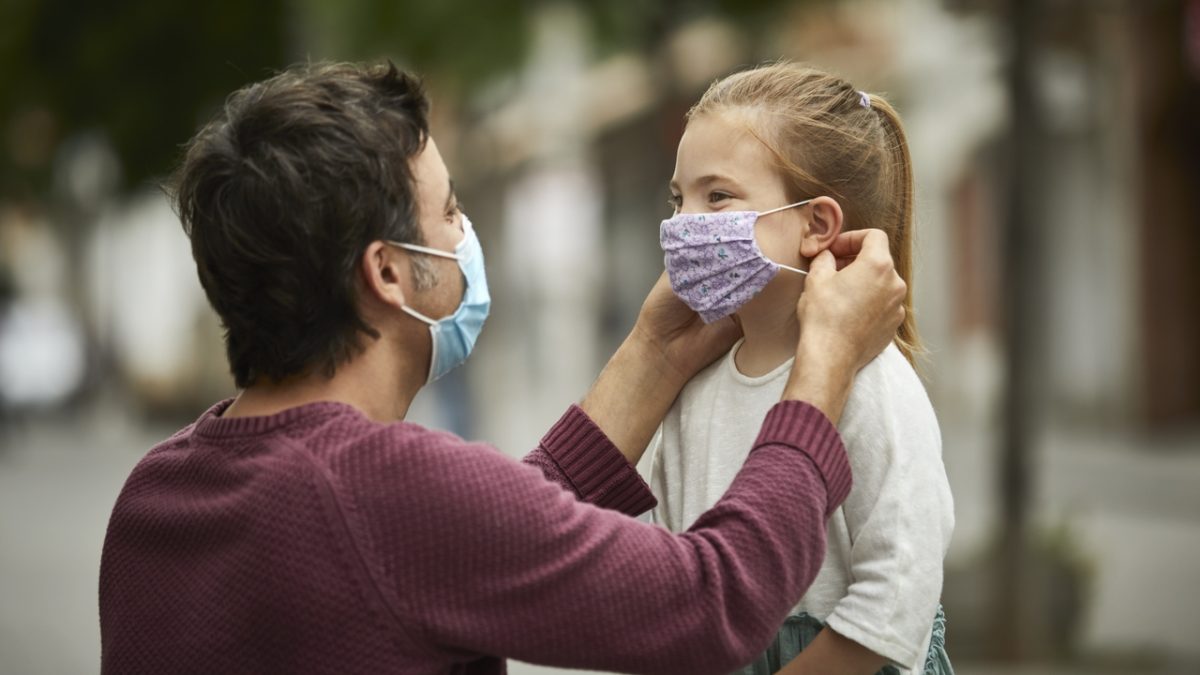COVID-19 adds to local government funding woes
By ZHOLDAS ORISBAYEV
Capital News Service
LANSING — The coronavirus is straining Michigan local governments already under strain for years.
[The analysis was published in Lansing CityPULSE]
Repeated cuts in funding and changes to statutory revenue have harmed local budgets since the early 2000s, according to a recent report by the Lincoln Institute of Land Policy, a nonprofit organization that researches taxation and land stewardship.
“Revenue sharing to local governments has declined despite the fact that the state revenue has grown every year,” said Chris Hackbarth, the Michigan Municipal League’s director of state and federal affairs. “Michigan doubled its infrastructure in the last 40 years, but the population has stayed the same.”
That decline will worsen, according to an analysis by the nonpartisan Citizens Research Council of Michigan and the University of Michigan.
The state government hasn’t changed revenue sharing for local governments this year. But it might be subject to change as pandemic-related expenses add pressure, according to that report.
“Detroit, Flint, Battle Creek, Benton Harbor, Charlevoix and Pontiac cities are at high risk of financial stress due to revenue sharing decline and the COVID-19 expenses,” said Eric Lupher, Citizens Research Council of Michigan’s president. “The state government has to come up with a solution to help distress these cities’ budget.”
“As consumer spending is lower than average due to the pandemic, local businesses are struggling to generate income, which leads to downturn state tax revenue,” the report warned. “This will lead to revenue sharing decline again.”
Lupher said the state government hasn’t done anything to reverse layoffs, pay cuts and wage reductions in local governments.
The revenue sharing formula hasn’t changed since 2001 and local governments were left behind, Hackbarth said. The same amount of people are paying for twice as much infrastructure.
Revenue sharing distributes a portion of the sales tax collected by the state to local governments.
And on top of that, the loss of revenue because of COVID-19 looms.
“Funding for local governments should be prioritized as they are going to face the biggest funding distress since the Great Depression,” Hackbarth said.
Westland Mayor Bill Wild said the financial model is broken.
“It has been affecting every community in Michigan and the post-COVID-19 period will come with more shortages in funding,” Wild said.
Westland lost $46 million in revenue sharing since 2002, according to the revenue sharing calculator tool created by Michigan Municipal League.
The city has cut employees from 400 to 275 since 2002, Wild said. More recently, 65 percent of employees were laid off from 30 to 60 days in the summer of 2020.
“Prior to that, we lowered the fire department’s staff for 25 percent,” he said
Unlike the federal government, local governments cannot operate with budget deficits. They have no choice but to dramatically cut spending or raise taxes. —and Michigan’s localities are already limited to the latter.
Westland’s budget includes $8 million in revenue sharing and $62 million from property tax collection in 2017, according to the mayor’s office.
Another report by the Michigan League for Public Policy shows state funding for local governments has declined by up to one-third over 22 years, forcing budget cuts, diminished services and bad policies.
Revenue sharing payments to cities, villages and townships in Michigan declined 35.4% and payments to counties fell 25.4% between 1997 and 2019, according to data provided by the Michigan Department of Treasury.
“Officials in the state government have just forgotten local groups, as the Michigan Legislature has not been appropriately sharing as much money as they have in the past two decades,” said Brandon Betz, a Michigan League for Public Policy’s policy analyst. “Social services, which are usually provided by the local governments, are at risk of closing.”
The state government should be fully giving back revenue sharing to local communities, or, at least, increasing revenues sharing payments up to the level of 2000, Betz said.
“Property taxes do not usually follow the economic increase as the current level of property tax in Michigan, at the rate of inflation, is equal to the level of 2004,” he said. “That’s why revenue sharing to localities should be increased.”





